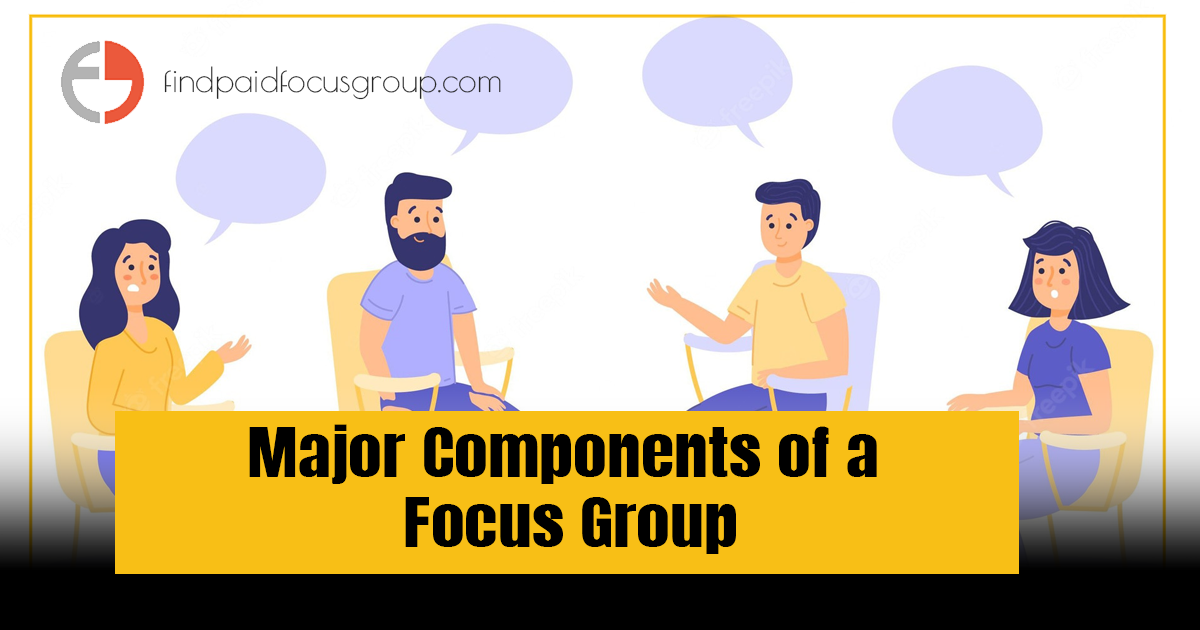
1. Purpose
The purpose of a focus group is to get input from people who have knowledge about the topic at hand. You want to find out what they think about the subject matter and how they feel about it. By asking questions, you can learn more about their opinions and ideas.
2. Participants
A focus group consists of 5-10 participants. There should be no more than 10 people in a focus group, otherwise you might not get enough information. If you have less than five people, then you need to add some extra members.
3. Moderator
The moderator is responsible for leading the discussion and keeping everyone on track. He/she may ask follow up questions if necessary. The moderator should be someone who is knowledgeable about the topic being discussed.
4. Notes
You should take notes during the session. These notes will help you remember what was said and will allow you to write down any additional thoughts or comments that were not mentioned.
5. Questions
There are many different types of questions you could use. Here are just a few examples:
• What do you think about the topic?
• How would you rate the importance of each item listed?
• Do you agree with the list? Why or why not?
• Is there anything else we should consider adding?
6. Results
After the focus group meeting, you should summarize the results. Summarize means to put everything together and make sense of it. Write down the major points and conclusions that came out of the meeting.
Characteristics of a Focus Group
Focus groups are a great way to gather information about a topic. By having people share their opinions and experiences, we gain valuable insight about what others think and feel. A focus group is a small group of people who meet together to discuss a particular issue. In order to get the best results, you need to have a moderator who knows how to lead a discussion and keep everyone focused on the same topic.
The following characteristics make a good moderator:
• Knowledgeable about the subject matter
• Able to listen to different points of view
• Good at asking questions
• Able to maintain control over the conversation
• Able to encourage participation
• Able to keep the meeting on track
• Able to manage time
• Able to follow up on ideas and comments
• Able to recognize patterns and trends
• Able to identify and resolve conflicts
• Able to facilitate discussions
• Able to understand and explain complex
